It is interesting that a major newspaper would so blatantly call out the only black man on the Supreme Court for borrowing language in briefings. He is by far not the only one, and his average rate of language borrowed from briefings is not that much different from his peers.
Over the years, the average rate of nearly identical language between a party’s brief and the majority opinion was 9.6 percent. Justice Thomas’s rate was 11.3 percent. Justice Sonia Sotomayor’s was 11 percent, and Justice Ruth Bader Ginsburg’s 10.5 percent. All three sometimes produce institutional prose.
Justice Elena Kagan, who has a livelier writing style than those three, had the lowest rate, at 7.1 percent; Chief Justice Roberts was in the middle, at 9.2 percent.
Chief Justice Roberts was exceptionally influential when he was a lawyer in private practice. Supreme Court opinions shared language with his briefs at a rate of 13.2 percent.
The Times notes other reports that attempt to point Thomas out as some sort of legal plagiarist (they don’t quite say it, but the basic assumption is that he is unoriginal and therefore borrows the arguments of other briefings for his own dissents). I’m not a legal expert, but if these briefs are written in an attempt to convince the judges of their arguments, are they not? Then what exactly is wrong with the practice? Nothing.
The Atlantic, meanwhile, has put up the argument that Thomas doesn’t borrow from briefs nearly enough.
Even stranger are Thomas’s solo dissents. The other eight justices, taking their cue from the lawyers, often debate the meaning of the Court’s precedents. Thomas seems to find little profit in that; instead, he often suggests that the question will be easy if the Court simply overturns a century or so of precedent.
His dissent in Obergefell, the same-sex marriage case, was an extreme example of the genre. Thomas did not even mention the key gay-rights precedents, Romer v. Evans, Lawrence v. Texas, and United States v. Windsor; instead, he mashed up John Locke, Magna Carta, 18th-century British legal philosophy, natural law, and the Declaration of Independence.
So, which is it? Does he do it too much or not enough? The answer, really, shouldn’t shock you. The New York Times wrote a hit piece on Thomas because he is a powerful black man who dares to be a conservative. His writing, which even the non-legal minded like myself can enjoy on a near-philosophical level, is powerful and speaks from the point of view of a man who understands the political tradition of the Constitution and what it stands for. That in the minds of modern liberals, is a no-no, which is why he is so affectionately referred to by some of them as an Uncle Tom or a “clown in black-face.”
RedState’s own Dan McLaughlin puts it much better than I can.
Supreme Court justices are often little known or understood by the general public, and in Thomas’s case, his image is further obscured by his race, the controversies surrounding his 1991 confirmation, and his famous refusal to ask questions at oral argument. Thomas’s critics outside the legal profession tend to fall back on open attacks on his race (a “clown in blackface,” said Star Trek actor, Facebook meme-sharer, and gay-rights crusader George Takei recently) or unsubtly coded attacks (such as [mc_name name=’Sen. Harry Reid (D-NV)’ chamber=’senate’ mcid=’R000146′ ]’s assertion that Thomas wasn’t smart or a good writer like Scalia, though Reid couldn’t name any of his opinions).
But behind the slings and arrows of politics and punditry, Justice Thomas has been this term’s workhorse, and not for the first time. According to SCOTUSBlog, he wrote more opinions than any other justice this term, 37 (Justice Samuel Alito was second with 30, Justice Elena Kagan last with 11); the most concurring opinions, 11 (Alito was second with 9, Roberts and Kagan last with 2 each); the most dissenting opinions, 19 (Scalia was second with 15, Justice Ruth Bader Ginsburg last with just 1); and the most total pages of opinions, 432. This is the second time in three years that Thomas has written the most opinions, and they are not filled with breezy rhetoric, but thick with citation to the roots of our constitutional system, from the Magna Carta to John Locke to Blackstone’s Commentaries.
We are told time and again by the Left (including the New York Times in its own editorials) that opposition to Barack Obama and other black leaders is due in large part to an underlying racial bias, if not blatant racism. To make the claims that the Left makes against Thomas, however, are somehow not. We know exactly why they are so angry, though: He won’t fall in line, and it infuriates them. They will continue to attack him until he is gone, and they will very likely proceed to trash his judicial legacy in any way they can.
The New York Times will, of course, stand by their writing, and it will be forgotten in the sands of time. However, given the very nature of his race, his politics, and his judicial record, it is unfortunate that Justice Thomas will have to endure this until his time on the Court is up (which, unfortunately for liberals, could be a very long time).



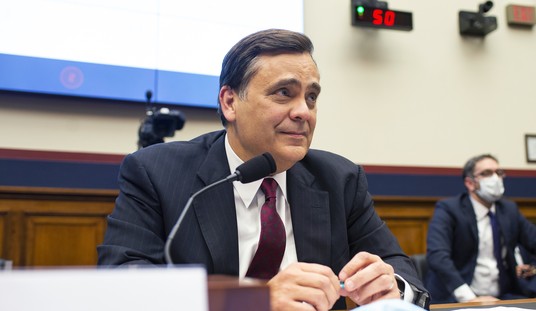
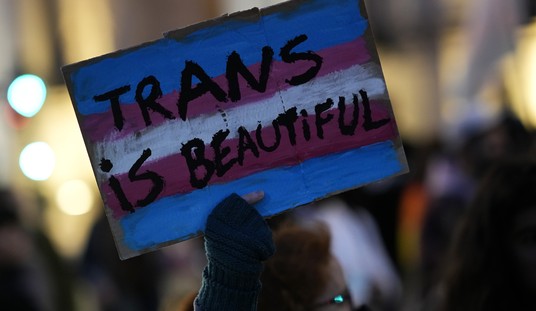

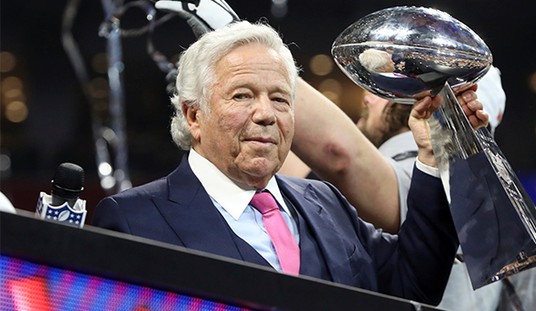



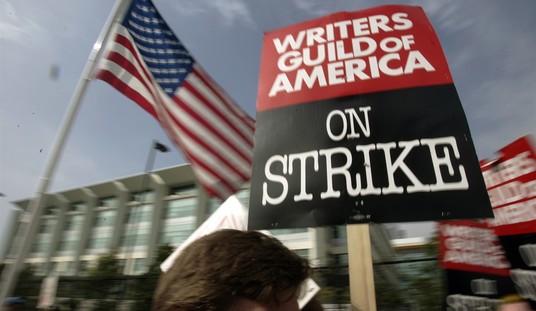
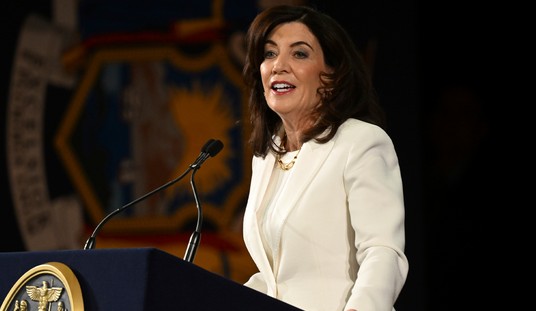


Join the conversation as a VIP Member